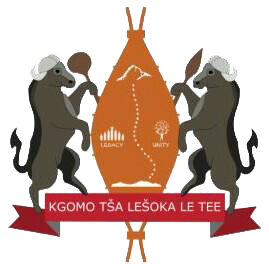Trustees:
The governance of a Trust is completely in the hands of its Trustees and all assets, liabilities, rights and duties of the Trust reside in them. Consequently, an appointment as a Trustee is a position that comes with a substantial amount of responsibility and, therefore, it is an appointment not to be taken lightly.
The fiduciary relationship entails that a Trustee shall, in relation to the Trust, the beneficiaries and the other Trustees, act honestly and in good faith which includes that she or he shall exercise such powers as she or he may have to, manage or represent the Trust in the interests and for the benefit of the beneficiaries as a whole.
More specifically, the Trustees have a greater standard of care than normal people, actually similar to that of a director of a company, and can be sued by the Trust beneficiaries for any pecuniary loss suffered by the Trust as a result thereof; and/or any economic benefit derived by the Trustee as a result thereof. The duty of care is arguably the Trust Property Control Act’s most fundamental prescript as to what is expected of a Trustee in respect of Trust administration.
When accepting an appointment as a Trustee, the person assumes the responsibility of ensuring the proper management and administration of the Trust on behalf of the beneficiaries, which also includes compliance with all legal and statutory requirements.
It is thus essential for Trustees to familiarize themselves with their legal duties in terms of the Act and the specific Deed of Trust.
Arnause Mohlala
Lorna Mahlodi Mohlala
Terdy Molefe Mohlala
Nomaswazi Mohlala
Lekentle Janido Mohlala
Mpho Phinos Mohlala


